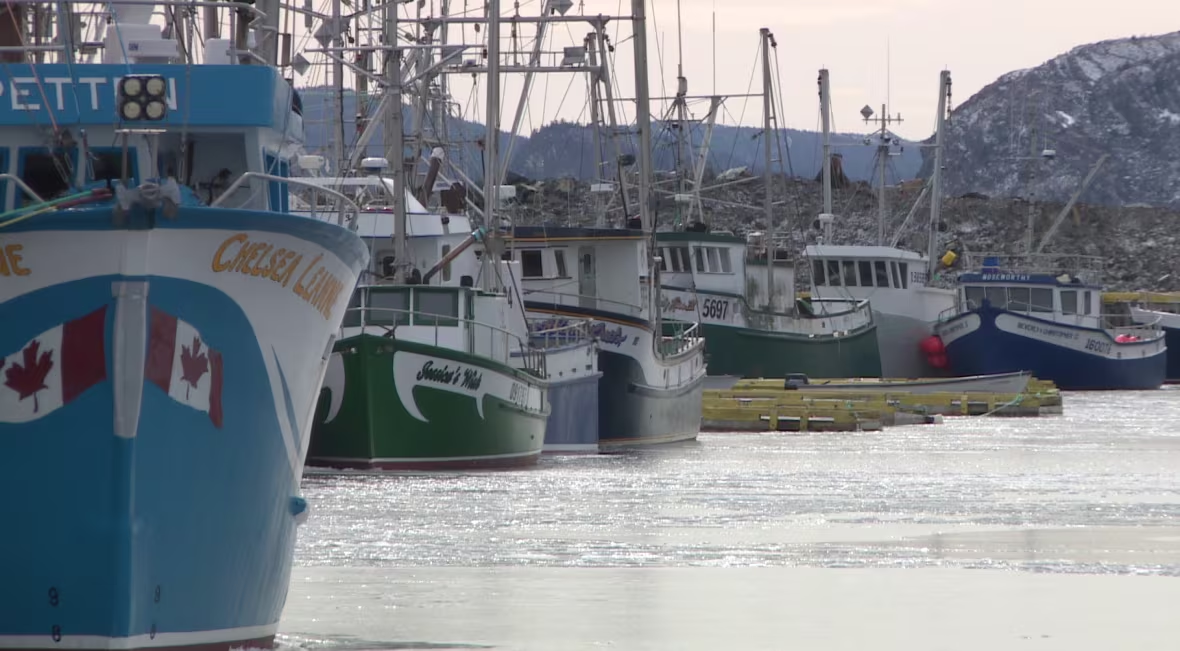Federal fisheries minister moves to scrap LIFO policy

The Government of Canada has indicated it will move to scrap the controversial Last In, First Out shrimp policy, a victory for inshore fishermen in Newfoundland and Labrador.
The Minister of Fisheries and Oceans, Dominic LeBlanc, said in a statement that he accepted the fundamental recommendation of an independent review to scrap the LIFO rules. He agreed the controversial policy should be replaced with a proportional sharing arrangement.
- Northern shrimp policy change by Ottawa hurts Nova Scotia fishermen
- Abolish LIFO shrimp policy and replace with new regime, panel says
- Baker: Shrimpin' ain't easy
"Applying this principled approach of proportional sharing means the inshore and offshore fleets as well as Indigenous peoples will continue to share in the economic benefits of this precious resource," he said in a statement.
The minister said he has asked department officials for recommendations on how to implement a proportional sharing arrangement. Such an agreement could see quota cuts distributed more evenly between inshore and offshore fishermen.
"Sharing agreements must also respect...the interests of Indigenous groups as well as the interests of adjacent costal communities," LeBlanc said.
On Wednesday, LeBlanc announced an interim shrimp quota for Fishing Area 6, a zone that runs from Cartwright in the north to Twillingate. Both offshore and inshore harvesters will each be allocated 4,500 tonnes.
Decades-old policy

The Last In, First Out policy was introduced in 1997, when smaller inshore vessels were first allowed to take part in the shrimp fishery.
The policy was designed to protect the larger offshore vessels and said if quotas were cut, inshore boats had to leave fishing areas first, while offshore boats were allowed to remain.
LIFO has proved controversial, and has been the subject of protests and emotional pleas by fishermen in Newfoundland and Labrador who say they and their communities depend on shrimp for a livelihood.
- Ottawa should scrap 'last in, first out' policy, say fishermen
- 'About survival of our communities:' shrimp protesters tell Ottawa to choose local over 'foreign interests'
During the past decade, as Shrimp stocks have declined in the province, inshore fishermen have borne the brunt of the cuts.
Offshore factory freezer trawlers were allowed to fish for shrimp in Area 6 this spring - catching quotas that were left over from last year - even though scientists from the Department of Fisheries and Oceans said the stock had declined.
Panel, province agree

The minister's decision largely confirms a independent panel's report into the LIFO policy in June.
The four-person panel said the policy should be canned, saying it wasn't sustainable and didn't promote "sufficient ownership and stewardship of the resource."
The proportional system recommended in the report would see each quota holder get a fixed percentage of the total allowable catch.
All political parties in Newfoundland and Labrador, as well as the Fish Food and Allied Workers union, had campaigned for the removal of the Last In, First Out policy.
But the minister's decision is a loss for the Canadian Association of Prawn Producers, which represents the offshore industry.
It lobbied hard for the continuation of LIFO, and through an advertising campaign bragged about the economic impact that the offshore sector has in the province.